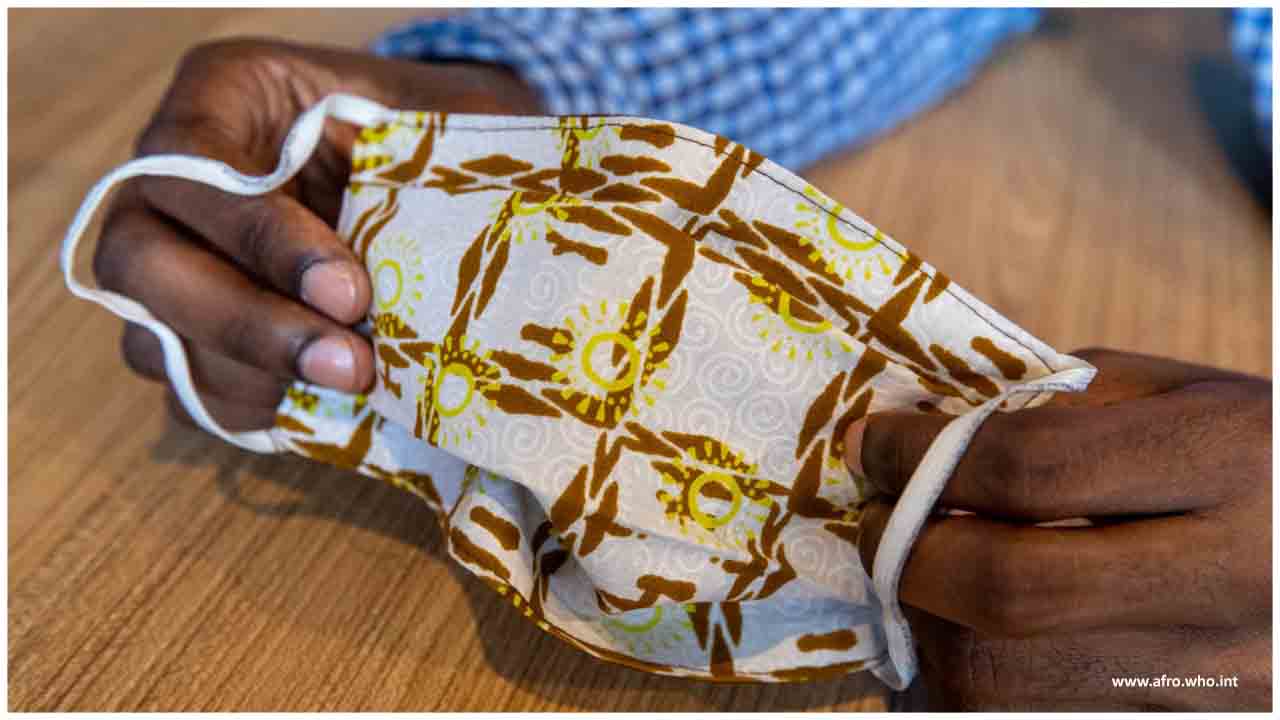Shortly after Zambia reported its first cases of COVID-19 in March 2020, the country’s National Public Health Institute launched intensive, targeted screenings for cases in high-risk populations and locations. In Nakonde, a town on the border with Tanzania, the screenings revealed a huge number of infections.
“We recorded 400 cases in three days and knew hospital capacity in the area would not be able to handle so many patients at a time,” says Dr. Paul Zulu, an infectious disease specialist and the national Incident Manager for COVID-19.
The northern Nakonde town is a bustling commercial hub with cross-border movement of people and trucks. When the spike in COVID-19 cases hit rural Nakonde, the health authorities widened testing, but as infections rose, threatening to overwhelm the health system, they reached out for a new strategy.
“We had to take immediate measures or face severe overstretching of our hospitals. We decided to urgently implement home management of infected patients to take the burden off the healthcare system,” says Dr. Zulu.
Under the home-based care system, asymptomatic and mildly symptomatic COVID-19 patients under 50 years without underlying conditions or co-morbidities are cared for at home by families with the support of community-based volunteers. But patients with moderate or severe symptoms are admitted to a health facility. The home-based care had been envisaged in the national response plan and became operational in May.
There are around 20 rotating clinicians in the Nakonde district who oversee the community volunteers. To ensure effective care at home, an environmental health official assesses key aspects such as the number of people sharing a house, whether the patient can have room to self-isolate and whether there is anyone with co-morbidities who could be at risk.
Once the right conditions are met, a community health worker is assigned to provide care, making frequent visits to check progress. “If there are no symptoms, the patient stays at home. If they develop symptoms, the community volunteer communicates with a trained health care worker who then decides if a clinician should be sent in to assess if this person must go to a facility,” Dr. Zulu says.
About 75%–80% of confirmed cases in Zambia are asymptomatic. Of the 941 active cases as of 17 August 2020, 786 (83.5%) were being cared for at home and the rest in isolation centers.
The World Health Organization (WHO) has supported the training of community health workers now helping to ease the burden of COVID-19 in Zambia’s health facilities. The home-based care pioneered in Muchinga province that includes Nakonde has now been adopted across the country’s eight provinces.
John Size, a community-based volunteer from Nakonde, has been monitoring tuberculosis patients and promoting health in his village for the past five years. “Not long after COVID-19 broke out, I was trained on the signs and symptoms … how to assist patients in dealing with the disease at home and how to protect oneself from getting COVID-19,” he recounts.
“Visiting my very first COVID-19 patient was easy. They welcomed me because they knew me. Many people in our communities are illiterate. They know about COVID-19, but we have been trained to explain infection prevention and control, about handwashing and wearing face masks,” says Size. During the checks “I ask patients if they are having difficulties breathing or if they have flu-like symptoms. I report back to the facility at the end of the day. So far all my 20 or so patients are still stable.”
Suwilanji Sikanika appreciated the home visits. “I was a stable COVID-19 patient and being at home allowed me to attend to my domestic chores. I preferred talking to someone coming from the same community. It helped me to share my concerns on other health issues. It was reassuring.”
According to Dr. Arthur Mataka, District Health Director for Nakonde, the home-based care model is “working very well for our communities. There are huge benefits to having established, good working relationships with people who have already been involved in other health programs.”
“Looking back, I am glad that the country decided to implement a home care strategy. On average, only one in 10 confirmed cases have been managed in health facilities which have eased the pressure on isolation centers whilst protecting continued delivery of essential routine health services,” Dr. Bakyaita explains.
For Dr. Zulu, Zambia’s COVID-19 outbreak has been one of the biggest challenges of his career. But he points out that implementing home-based care has proven beneficial to patients and health facilities.
“Adapting our community volunteers to work under the COVID-19 flag saves we already stretched healthcare system from becoming severely overburdened.”

 Guidance for home-based COVID-19 care issued by WHO has been instrumental in shaping Zambia’s strategy, says Dr. Nathan Bakyaita, WHO country representative.
Guidance for home-based COVID-19 care issued by WHO has been instrumental in shaping Zambia’s strategy, says Dr. Nathan Bakyaita, WHO country representative.









.jpeg)







.jpeg)

.jpg)










